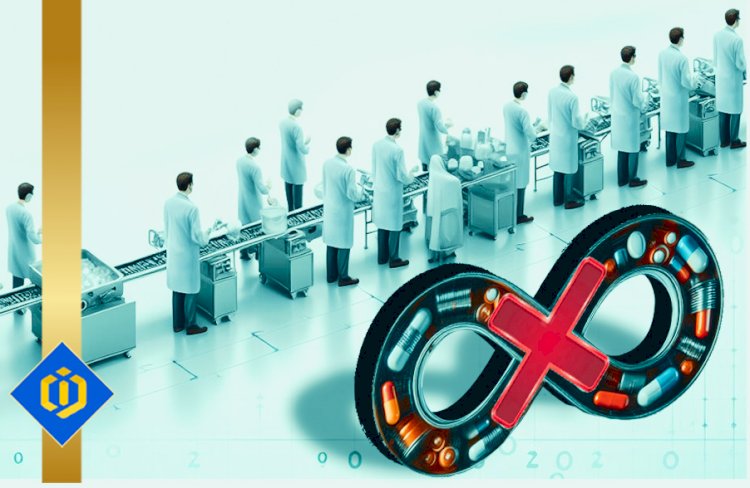The Complex Puzzle: Understanding the Inherent Barriers to Sustainable Practices in Pharmaceutical Manufacturing

As global concerns about the environment continue to escalate, the pharmaceutical industry faces mounting pressure to embrace sustainable manufacturing practices. This piece investigates the pressing environmental issues confronting the pharmaceutical sector and the advancements being made toward more sustainable production methods, shedding light on the industry's evolving role in environmental stewardship.
Environmental Impact of Pharmaceutical Production
The process of manufacturing pharmaceuticals, essential for global healthcare, leaves a considerable environmental footprint. Key concerns encompass greenhouse gas emissions, extensive water usage, and the generation of chemical waste. The industry grapples with the dual challenge of upholding drug efficacy while integrating environmentally mindful manufacturing practices.
Management of Water Resources and Pollution Mitigation
A primary environmental focus in pharmaceutical production is the potential pollution of water systems. Residues from drugs, including active pharmaceutical ingredients (APIs), hold the potential to negatively impact aquatic ecosystems and may pose risks to human health. Forward-thinking companies are concentrating on curtailing water consumption and improving wastewater treatment processes to address this issue.
Energy Efficiency: Paving the Way to Sustainability
Energy usage in pharmaceutical manufacturing is substantial, mainly due to the intricacy of production processes. There is a growing trend toward incorporating energy-efficient practices, such as the utilization of renewable energy sources and the optimization of manufacturing operations, to minimize the industry's carbon footprint.
Embracing Sustainable Chemistry in Drug Manufacturing
Sustainable chemistry is increasingly acknowledged as a pivotal element of sustainable pharmaceutical manufacturing. This approach involves devising manufacturing processes that are environmentally benign, reducing the use of hazardous materials, and curbing waste production. Embracing sustainable chemistry principles represents a significant stride toward lessening the environmental impact of drug production.
Waste Minimization and Adoption of Circular Economy Principles
Minimizing waste generation stands as a critical objective in sustainable pharmaceutical manufacturing. Companies are investigating inventive approaches for waste reduction, recycling, and reuse, aligning with the tenets of a circular economy. This approach emphasizes the efficient utilization of resources and the maximization of their lifecycle.
Collaborative Endeavors for Sustainable Practices
Attaining sustainability in pharmaceutical manufacturing necessitates collective action and collaboration. Partnerships among industry stakeholders, regulatory bodies, and environmental organizations are indispensable in developing sustainable practices and technologies.
Moving Beyond Mere Compliance: Voluntary Environmental Leadership
While regulatory adherence is indispensable, numerous pharmaceutical companies are voluntarily embracing broader environmental leadership. These initiatives signal a dedication to sustainability that surpasses legal requirements, reflecting an escalating awareness of the industry's responsibility toward environmental preservation.
The journey toward sustainable pharmaceutical manufacturing serves as both an environmental obligation and a strategic imperative. By adopting more environmentally friendly practices, the pharmaceutical industry can substantially reduce its ecological impact, fulfill regulatory obligations, and meet the growing demand for environmentally responsible healthcare solutions. As the industry progresses, its commitment to sustainability will play a pivotal role in shaping its future, carrying far-reaching implications for both the environment and global health.
Authored by Dr. Pooyan Ghamari, Esteemed Swiss Economist and Visionary

 content-team
content-team 






















